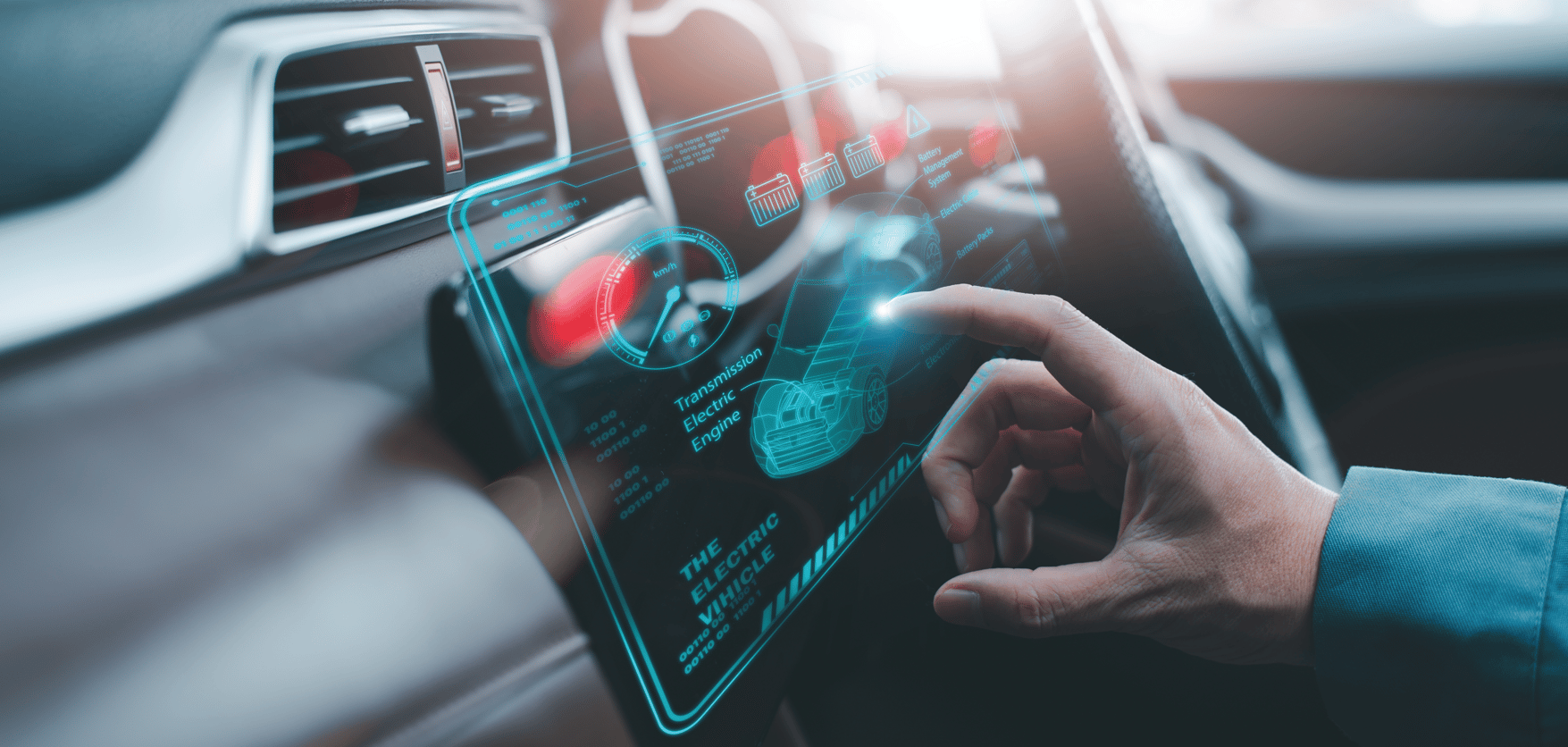Data
Automotive transformation: embracing a data-driven mindset
27 August 2024 • 4 min read

The automotive industry is undergoing a huge transformation driven by the rise of digitisation and electric vehicles - a market expected to grow to 2.45 trillion USD by 2034.
As vehicles become more sophisticated, the data they generate is also reshaping the customer journey and expectations, from online research to purchasing and aftersales.
This demands new engagement strategies from retailers. Clear benefits include a 25% increase in customer satisfaction from retailers that leverage high-quality data.
In this blog, we’ll explore how automotive retailers can become more data-driven to improve customer experience, drive purchases, and avoid falling on the wrong side of the next great digital divide.
The looming divide: born digital vs. traditional players
With advancements in GenAI, cloud computing and algorithms reshaping the global economy, traditional automotive companies risk falling behind those that were ‘born digital’ if they don’t keep up.
A leading authority on automotive strategy, Prof. Venkat Venkatraman, argues that automotive companies must adopt a ‘fusion strategy’, by leveraging real-time data and AI across products, strategies, and customer relationships.
Otherwise, once-successful companies will fail due to ignoring or underinvesting in digital disruption.
Embracing the ‘fusion frontier’
A predicted ‘fusion frontier’ is approaching; a future state where all industrial products are embedded with sensors, software and real-time functionalities, merging physical and digital domains.
For retailers rooted in traditional sales and service models, this shift can be challenging. It's not just about selling cars with more technology; it's about fundamentally changing how you operate to become data-driven.
Leaders need to shift their focus to capturing and tracking real-time data for commercial benefit. One key example is using data insights to better understand national and regional vehicle demand, empowering dealers with real-time information to support smarter pricing for both selling and part exchange.
Start harnessing real-time data
So how can retailers start harnessing the value of real-time data?
The core challenge is that most don’t understand what data they have, what value it can deliver and crucially, how to use it.
The first step is creating a data vision across operation. This includes understanding physical behaviours (appointment attendance, previous visit information, test-drive demand) and online interactions (browsing, finance quote calculations, post-purchase service needs). This will inform inventory optimisation and vehicle repatriation based on dealer knowledge and market trends.
Increasing this level of data interconnection, cross-collaboration, data fluency, knowledge and awareness is key to ensuring that metrics and KPIs are effectively aligned across functions.
Success story: Lookers
For example, leading dealership Lookers is strengthening its data capability to take better advantage of its existing data, plus empower its teams for data-driven decision-making.
By partnering with AND Digital, Lookers has gained a more precise understanding of how online metrics directly affect dealership visits and purchases, as well as how to deliver more integrated digital purchasing and ownership experiences.
These crucial insights are helping Lookers, and other dealership retailers, to prioritise areas of online investment that drive engagement, purchases and ongoing loyalty during vehicle ownership. This gives potential buyers more confidence as they move between online and real-world interactions.
For car manufacturing brands, such as JLR, these insights can become even more strategic; tailored to deliver long-term brand loyalty across the potential lifetime of the customer.
Build a ‘dream team’ for your data journey
Collaboration is key. Data teams should not be siloed, but seen as central to improving sales processes and driving innovation in customer engagement.
When all teams are empowered to consistently gather and use data to identify customer needs, they can deliver innovative and personalised experiences that drive value in a holistic way across a business.
For Lookers, we produced an in-depth understanding of its existing capabilities and challenges, from the skills of analytics teams, to how they currently use insights, and the extent of data silos.
This insight is enabling Lookers to improve its data use, foster a collaborative culture around data and ultimately drive smarter decisions that improve customer experience, website engagement and revenue growth.
Critically, it shows how performance in one service or product space has a “knock-on” effect elsewhere. Measuring these performance interactions helps to remove knowledge boundaries, and increase the engagement of previously disconnected teams to become more aligned.
Unlock the power of your data
To thrive in the automotive landscape, retailers must embrace a data-driven mindset. This will not only provide better experiences to customers, but will give retailers a sustained advantage among digitally-native competitors.
As Venkatraman states, failure to disrupt results in failure to evolve, and this ability is built on the foundations of a clear data vision and effective collaboration across disciplines.
AND Digital partners with automotive leaders to remove these silos and foster better ways of working around data, bringing insights to life to address growing customer needs and drive vehicle sales.
Learn more about how we partner with leading automotive clients, here.



.png?width=564&height=348&name=Screenshot%202025-06-10%20at%2015.03.23%20(4).png)